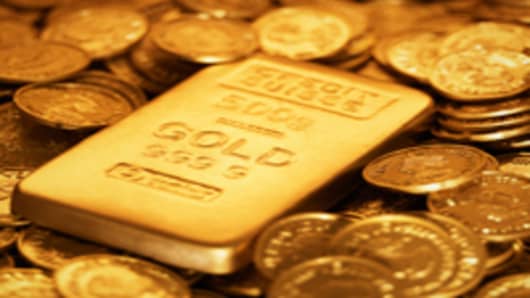In the United States, President Obama's budget projections are much more optimistic than economists or investors believe. The CBO has just concluded, for example, health care reform will cost the federal government much more than originally projected.
With new health care legislation, U.S. federal deficits will exceed $1 trillion for many years to come, even with repeal of the Bush tax cuts for families over $250,000 and the interest and dividend tax. The President's pledge not to raise taxes on families under $250,000 puts Washington in a fiscal box.
Also, the banking legislation moving through Congress does not fix fundamental problems in the securitization market, and it does not fix too big to fail for the largest U.S. banks. In the current crisis, the FDIC had resolution authority with regard to Citigroup and Bank of America, and Treasury has the same regarding AIG, but it proved impossible to sell off these firms' good businesses in a crisis to save the taxpayer from sinking hundreds of billions in bailout funds. Quick rinse bankruptcy procedures, as proposed in the banking reform legislation, won't fix that.
Hence, large deficits and more bailouts are likely over the next decade, and that will ultimately drive up interest rates on long U.S. bonds, and drive down, five years from now, the prices of 20- and 30-year Treasuries purchased today.
Overall, neither euro denominated assets nor U.S. Treasuries are a good investment in such a potentially explosive inflationary environment.
Investors, fearing the worst, are hedging by putting more of their portfolios into gold, and the price of gold rises.
______________________
Peter Morici is a professor at the Smith School of Business, University of Maryland, and former Chief Economist at the U.S. International Trade Commission.



